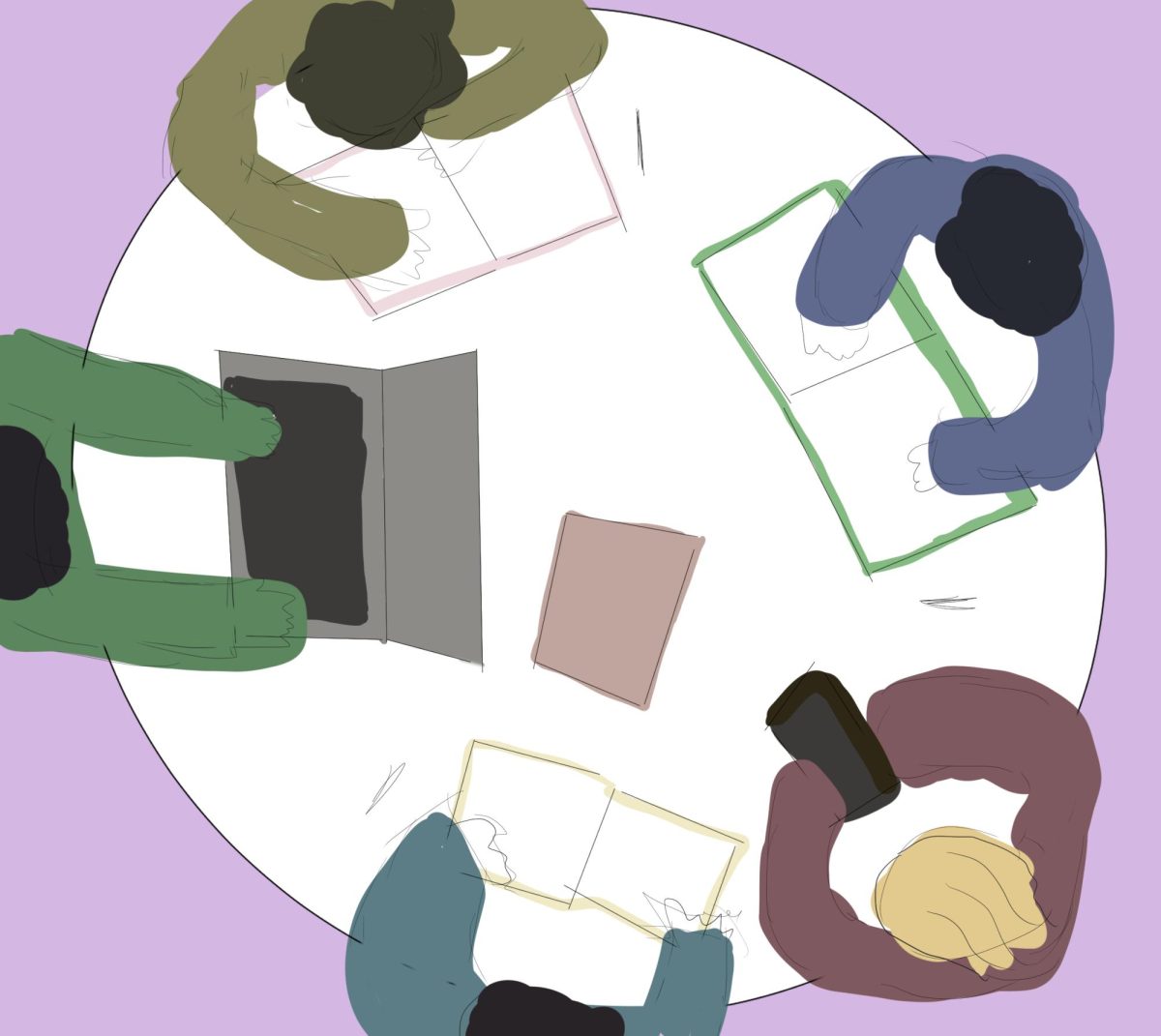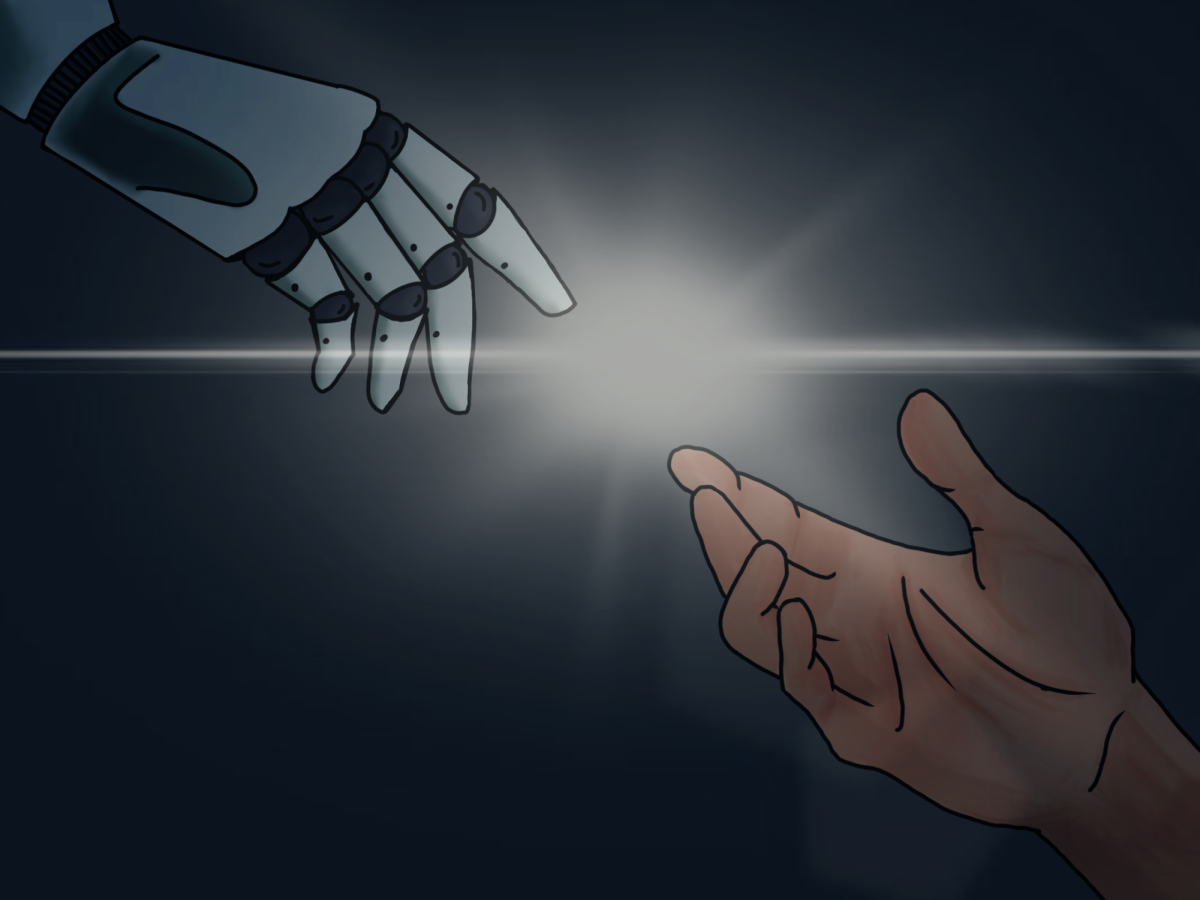Competition is a huge part of the JP Stevens community. Many students participate in countless events, showcasing their unique talents and skills. Competitions drive students to success and motivate them to improve their skills and foster communication with others. They are beneficial to fostering the success of individuals by motivating them to improve and hone their skills.
Societal norms have been a major factor in influencing the decisions students make in deciding what competitions to join and participate in. Students are involved in many tournaments in the fields of STEM, art, and history. These competitions play an important role in exposing students to different subjects that align with their future careers. Many societal conventions have been implemented in society, such as teamwork where society values collaboration over winning. As a result, many students strive to communicate with others and are motivated to share ideas with one another. Societal standards can lead to healthy tournaments where students work together with one another in a positive environment without any pressure to succeed. However, students are motivated to compete against one another due to the negative societal norms implemented in the community. A community may value winning competitions as their top priority, sometimes leading to unhealthy student rivalry attitudes. The norms imposed by society are the main aspects that decide whether or not a student succeeds in a competition.
Competitions can be beneficial or detrimental to students, depending on the societal standards that are imposed in their environment. Many students are able to flourish and thrive in tournaments where cultural expectations are imposed for the benefit of collaboration and teamwork. However, many students are pressured in an environment where societal norms are seen as a “pressure to succeed” rule. Competitions and students’ performance in them heavily depend on the cultural expectations imposed by society as well as their actions towards it.







































